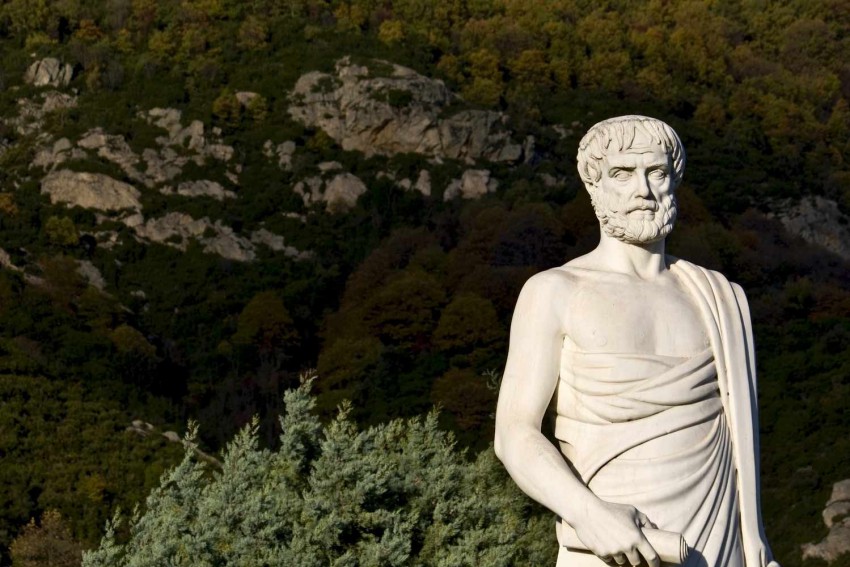Equality of Power

The growing discontent over soaring inequality has risen to the surface of our national consciousness.
The growing discontent over soaring inequality has risen to the surface of our national consciousness.
Unless all citizens are given an equal voice in a democracy, governments will continue to produce public policy that increases the level of economic inequality. We appear to be moving inexorably towards a system that more closely resembles a plutocracy, rather than a true democracy. In February, Senator Arthur Sinodinos opined that in Australia today “…equality of opportunity should be our lodestar in creating a dynamic, innovative society that gets the best out of its people”. But equality of opportunity, let alone actual equality, will not be achieved unless our democracy offers genuine equality of power. Sinodinos was simultaneously an office-bearer in the NSW Branch of the Liberal Party and Chairman of Australian Water Holdings, a company from which the party attracted substantial political donations. As senator, Sinodinos had three undeclared directorships. Sinodinos would make a formidable exponent of kabuki theatre, where one actor plays multiple, often conflicted, roles. It would be naïve to think that such a scenario is conducive to politics that serve the national interest. Why have we waited so long to address this cancer within our democracy? We were perhaps taking our inspiration from the wrong source. America’s democracy is seen by many in Australia as the most relevant political system from which we can learn. In this context, it is worth considering the reality that this system produces. The results of a recent study conducted by the University of Princeton were not particularly surprising but the data rich analysis makes them particularly compelling. The report found that “economic elites and organised groups have substantial independent impacts on government policy, while average citizens of mass-based interest groups have little or no independent influence”. Recent events suggest that this problem may also be relevant to Australia. When mass-based interest groups have recently campaigned in direct opposition to the interests of economic elites on issues such as live animal exports and carbon pricing, they were ultimately unsuccessful in influencing political outcomes. The Princeton report demonstrated that a policy with low support (only supported by one in five) from the economic elite in America was adopted only 18 percent of the time. A proposed change with high support among the political elite was adopted 45 percent of the time. When the majority of citizens disagree with the economic elite, they lose. If a large majority of citizens desire a change that the economic elite are against, the majority of citizens will lose. So long as elections are largely decided by the party with the greatest financial strength, vested interests in the private sector will continue to exert an unnecessary influence on our democracy. The level of campaign funding is crucial to the outcome of an election. Voters are today either time-poor or apathetic, happy to exist with the moronic gaze of the mass media and impervious to advertising’s constant din. Campaign funding allows a level of exposure in an election campaign that makes a huge difference to the outcome. Vested interests are further protected by a sophisticated network within the establishment that extends deep into government. The line that must separate our elected representatives with vested interests has become blurred and the influence of powerful interests groups is evident in the government’s social, economic and foreign policy. Early in the life of the current government, Assistant Health Minister Fiona Nash dismantled a food rating website designed to help consumers make healthy choices. At the time, her Chief of Staff was a principal shareholder in a food industry lobbying company. What chance do we have to address the nation’s obesity epidemic when the junk food industry can penetrate so easily into the decision-making apparatus of our democracy? With sufficient political will, true equality of power can be expressed through our democratic system. Campaign funding can be limited and made more transparent, expenditure in respective electoral campaigns can be capped, and legislation can be introduced to ensure that political office bearers cannot simultaneously have business interests that present a clear conflict – as was the case with Sinodinos and a great many others. High profile examples of systemic abuse have further diminished popular faith that our democratic system no longer serves our interests. Last year, Federal Labor and Liberal combined to limit the impact of changes to legislation on the disclosure of political donations. The success of Clive Palmer’s eponymous party at the recent Western Australian senate election has, ironically, persuaded both major parties that reform may well be necessary after all. Greater equality of power would simultaneously bring both competing traditions in Australian politics closer to their principal philosophical objectives. “If liberty and equality … are chiefly to be found in democracy,” wrote Aristotle, “they will be best attained when all persons alike share in government to the utmost.” To ensure that all Australians share in government to the utmost, we must ensure that vested interests cannot easily manipulate our policy process. Andrew Hunter is Chair of Australian Fabians fabians.org.au